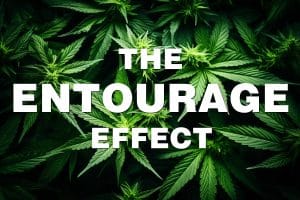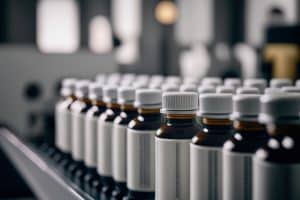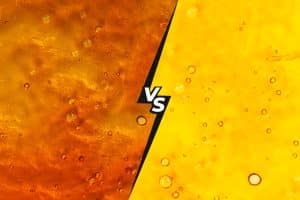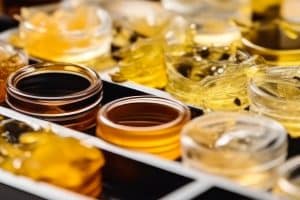What is CBD oil?
CBD oil is a natural product made from the cannabis plant. The active ingredient in CBD oil is called Cannabidiol. CBD comes in a concentrate form infused with a carrier oil (e.g., olive oil, MCT oil, or hemp seed oil). For many people, CBD oils are powerful medicines that relieve everyday wellness concerns safely and naturally.
You’ll find CBD oil in full spectrum, broad spectrum, and CBD isolate varieties. Each one has unique benefits and trade-offs, depending on your needs. Full spectrum CBD oils, for example, have the richest plant medicine profile but also contain small amounts of THC (less than 0.3% dry weight). Broad spectrum CBD is similar to full spectrum, except it has no detectable THC (0.0%).
CBD isolate oils are in a potency class all their own. They are so radically purified that they contain pure CBD without even a hint of THC (0.00%).
SHOP: Zero High® 99.7% pure CBD isolate oil with no THC
Here are the key CBD oil facts you need to know at a glance:
- CBD oil is rich in plant medicines called phytocannabinoids. These interact with the body’s endocannabinoid system to promote a wide range of potential health benefits for common wellness concerns like stress, anxiety, mood swings, everyday aches and pain, inflammation, cardiovascular health, and much more.
- Phytocannabinoids are medicinal components derived from the cannabis sativa plant. They include the major cannabinoid CBD and minor cannabinoids like CBN, CBG, and CBDV. Raw CBD extraction material also contains very small amounts of the psychoactive cannabinoid THC.
- CO2 gas and ethanol extraction are the two most common ways CBD is manufactured. Either extraction method can be used to develop pure and potent cannabis extracts. However, the ethanol extraction process is ultimately superior because it produces extracts with richer phytocannabinoid profiles.
- According to research, the more phytocannabinoids in your CBD, the more effectively it works to help you feel better by way of a natural phenomenon called the entourage effect. You experience entourage effects from combining phytocannabinoids with other cannabis plant components like terpenes, flavonoids, and polyphenols. Together, they stimulate various signaling systems to help regulate healthy physiological functions.
- Full spectrum CBD oil has the widest range of cannabinoid components, including very tiny amounts of THC. But don’t worry, there isn’t enough THC in hemp-derived CBD products to cause psychoactive effects. That’s why you can never get “stoned” or “high” from full spectrum CBD oils, no matter how much you take.
- Similar to full spectrum, broad spectrum CBD oil contains various cannabinoids, but it has no THC. It offers a THC-free way for users to experience the entourage effect without the psychoactive components of the cannabis plant.
- CBD maintains an excellent safety profile, and side effect risk is rare when taking it as directed. Cannabiva usage statistics show less than one-half of one percent (<0.5%) of users report any adverse event following use. Common side effects may include dry mouth, gastrointestinal discomfort, or drowsiness.
- CBD is legal in the United States and Puerto Rico.
Consult your healthcare professional before adding CBD to your wellness plan, especially if you take any other prescription or over-the-counter medications.
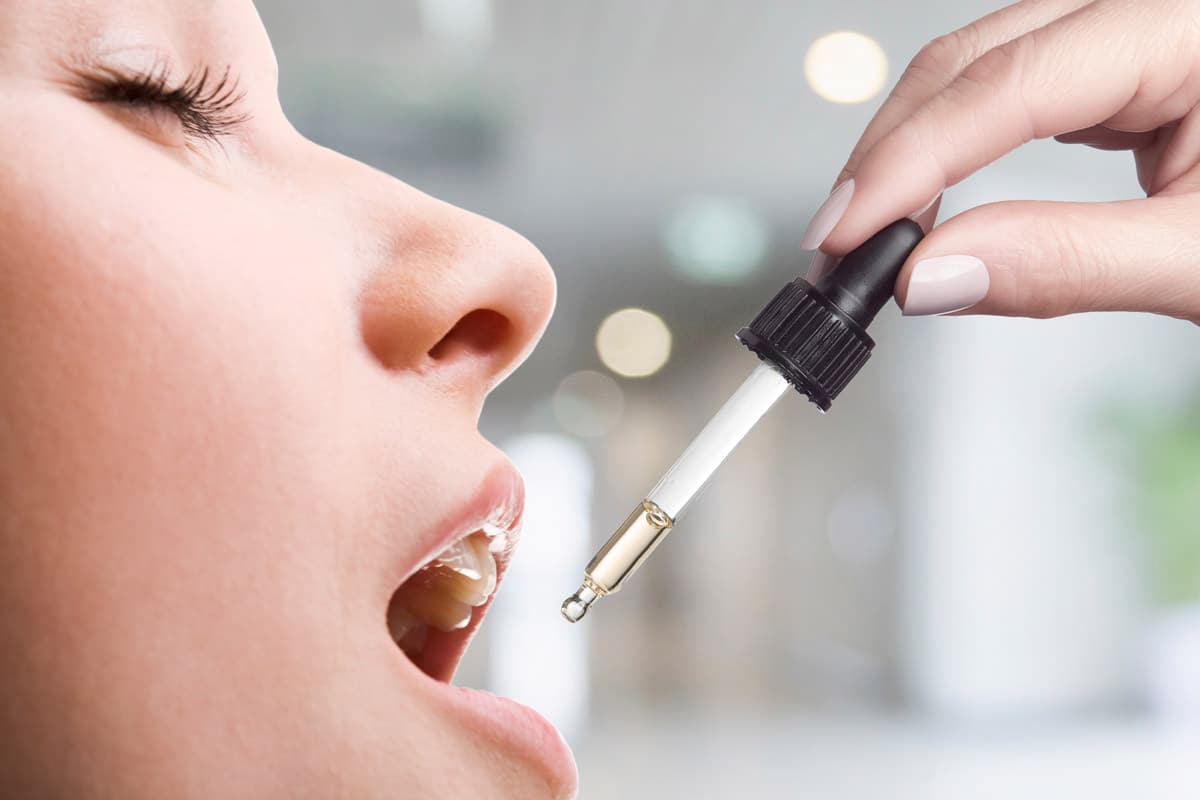
RELATED ARTICLE: What does CBD oil taste like?
Hemp oil vs CBD oil differences: Why reading labels matters
“Hemp oil” or “hemp extract oil” are other names for CBD oil products. But here’s the thing about products exclusively marketed as hemp oil for sale online…
Sellers often use the term to circumvent CBD product bans at large online retailers like Amazon and Walmart. Exercise caution when buying hemp oil on these sites. Sellers are not required to disclose specific amounts of Cannabidiol in their products because doing so would violate site policies. That means you can never be sure whether you get an authentic hemp CBD oil product.
Johns Hopkins Medicine researchers published a report in July 2022 showing widespread mislabeling of over-the-counter CBD products in their study of 105 products. It supports the findings of a 2020 report from the US Food and Drug Administration (FDA.gov) in which scientists found similar results in their research studies.
Always check your hemp oil product label for a QR code that you may scan to view its cannabinoid content. All Cannabiva brand products are lab-tested by ISO-accredited and NSF-certified labs in the United States. Scan the QR code displayed on your Cannabiva product label with your smart device to access its third-party certification lab test results instantly.
Differences between hemp oil vs hemp seed oil
Hemp oil vs hemp seed oil are vastly different products. Hemp oil is made from the above-ground parts of the hemp plant, which may include the leaves, flowers, and stems.
Hemp seed oil — just like its name implies — is made from cannabis sativa plant seeds. There are only trace amounts of cannabinoids in hempseed oil. To make it, manufacturers use a cold press extraction process that protects the oil’s nutrient profile and produces a lightly-colored, nutty-flavored oil.
These are the key hemp seed oil facts you need to know at a glance:
- Talk about nutritious and delicious! Hemp seed oil is loaded with healthy fats like Omega-3 and Omega-6 fatty acids and other powerful nutritional lipids, including Omega-9, Gamma Linoleic Acid (GLA), and Stearidonic Acid (SDA).
- Some of the most popular uses for hemp seed oil include at the dinner table, where its nutty flavor can enhance your favorite cold dishes. Its nutritional profile supports cardiovascular health, digestive and gut microbiota, and consistent all-day energy levels.
- For the healthiest skin you can imagine, topical moisturizing products made from hemp seed oil are just what the dermatologist ordered. Hempseed oil is one of the only plant-based oils with a comedogenic rating of zero, meaning it will never — ever! — clog your pores.
- Cannabis research shows hemp seed oil promotes deep hydration without exacerbating acne or other inflammatory skin conditions.
- Using hempseed oil on minor cuts, scrapes, burns, and skin inflammation supports your body’s natural healing process and may promote improved wound recovery, according to cannabis studies.
- Side effects are rare but may include digestive discomfort if you consume excessive amounts of the oil within 24 hours.
- Allergic reactions are not common from taking hempseed oil. But check with your doctor if you have a history of food sensitivity or have experienced an allergic reaction to any prescription drug or over-the-counter medication.
Understanding the distinction between hemp oil vs hemp seed oil is crucial when shopping for the right cannabis product. Whether looking for therapeutic effects from cannabinoids or the nutritional benefits of cold-press hemp seeds, knowing the difference between these oils is the key to making the best choice.
Is hemp and CBD the same?
Many people new to CBD wonder, “Is hemp and CBD the same thing?” Let’s break it down in simple terms.
Hemp is a broad term that refers to the entire cannabis sativa plant, including the seeds, stalks, leaves, and inflorescences (the sticky, resinous flowering parts of the plant).
CBD refers to a specific cannabinoid compound called Cannabidiol derived from cannabis. It’s considered a major cannabinoid in hemp, and clinical research studies show the active ingredient in CBD oils that helps you feel better.
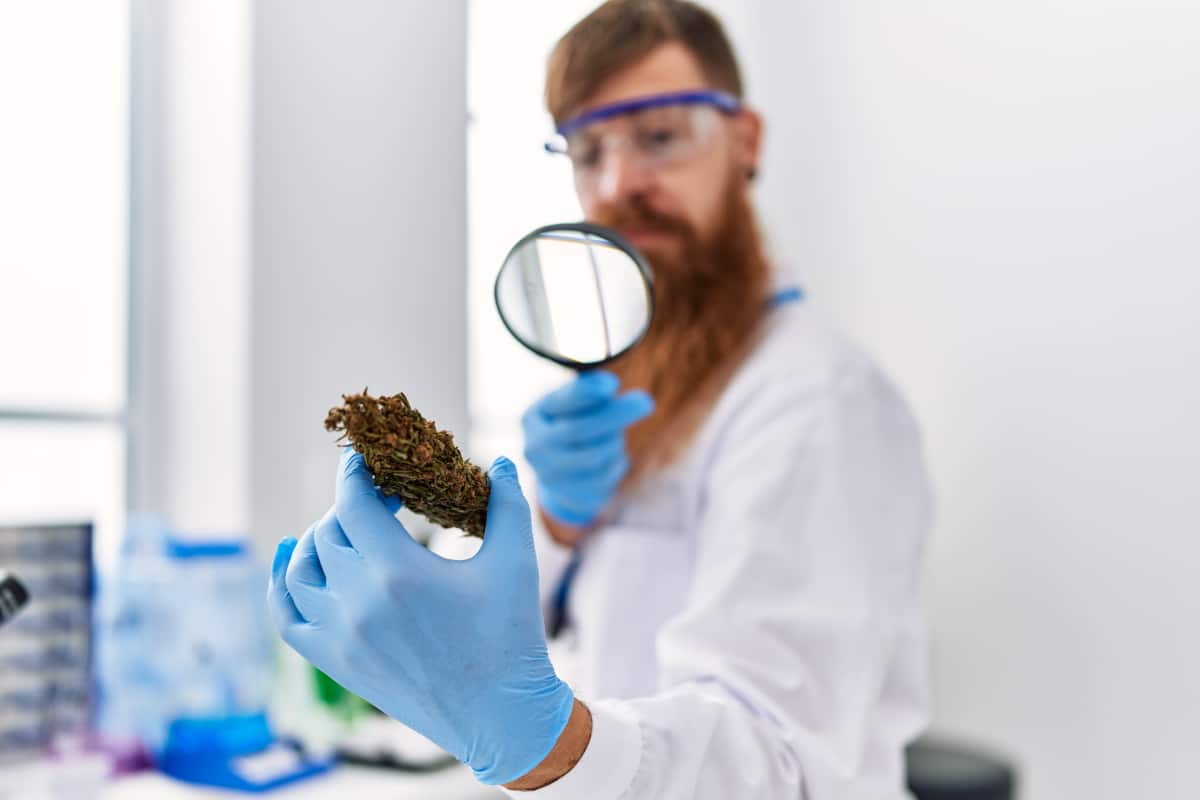
RELATED ARTICLE: What’s the difference between hemp vs marijuana?
CBD oil vs hemp oil vs hemp seed oil FAQ
Need more information about CBD oil vs hemp oil vs hemp seed oil? Check out our FAQ below or live chat with a Cannabiva Wellness Advisor for answers to product questions we haven’t covered here.




